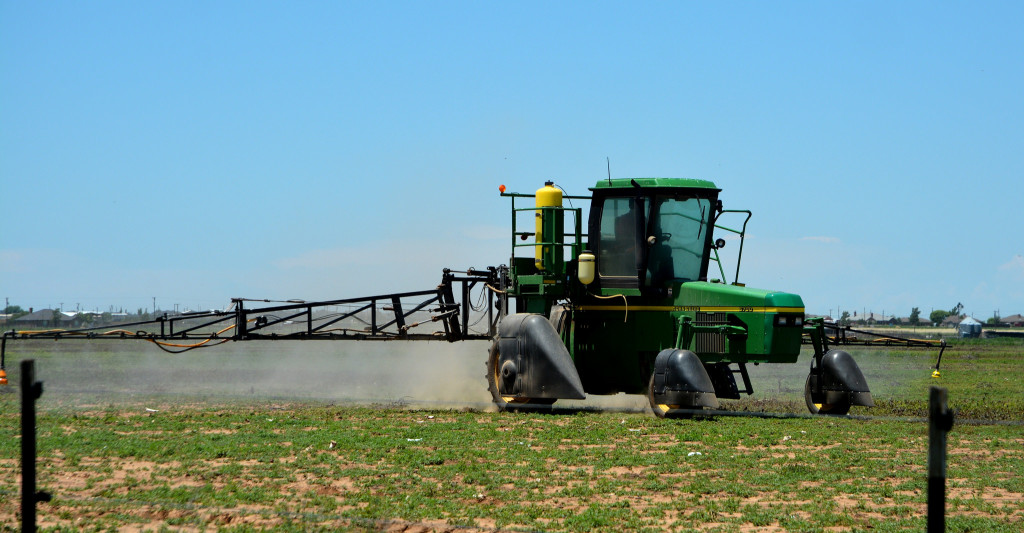*Don’t forget to nominate the Texas Agriculture Law Blog as one of the Top 100 Legal Blogs, click here.*
The summer sure seems to be flying by and here we are at the end of July! Here are a few ag law stories in the news this week.
* Investigation into whether Big Bend Pipeline Should Face Federal Regulation. You may remember from this prior blog that a pipeline is proposed to transport natural gas between the Permian Basin and Mexico, through Big Bend. This week, the Federal Energy Regulatory Commission has sought additional information from pipeline operator, Energy Transfer Partners, to show that it should be Texas, rather than FERC, that regulates the line. ETP argues that the pipeline is mostly intrastate, it should be governed by the state entity in charge of pipelines, the Texas Railroad Commission. Opponents argue that because the pipeline will cross the border into Mexico, it should be federally regulated. [Read article here.]
* TX Groundwater Districts Struggle to Track Disposal Wells. The Texas Tribune ran an article this week discussing difficulties facing Texas Groundwater Conservation Districts in tracking the locations of disposal wells. The issue is centered around the fact that while groundwater wells are regulated by groundwater conservation districts (in those areas where districts exist), disposal wells are governed by the Texas Railroad Commission. Further complicating the issue is that there is no legal requirement that groundwater districts be given written notice of a disposal well permit application filed in their jurisdiction. A bill was offered in the Senate that would have required such notice be given to any GCD within 10 miles of the location of a proposed disposal well, but it did not make it out of the Senate. Instead, GCDs are left attempting to track and follow disposal well permits in their areas through public notices published in the newspaper and a database managed by the Railroad Commission. [Read article here.]
* Life in Prison Recommended for Peanut Company CEO after Salmonella Outbreak. [Read article here.] Federal court officers have recommended a sentence of life in prison for Stewart Parnall, owner of Georgia peanut company, Peanut Corporation of America. Parnall was convicted of 71 counts related to a salmonella outbreak in 2008 and 2009. The charges included conspiracy, obstruction of justice, and wire fraud. The outbreak was linked to 714 illnesses and 9 deaths. Defense attorneys call the recommendation “unprecedented” and argue it is not proper as Parnall never meant to hurt anyone and claims he ate the peanut butter himself. Sentencing will take place September 21, 2015 in Georgia. [Read article here.]
* Threat of Pesticide Drift for Organic Farmers. I found an article discussing the threat of pesticide drift for organic farmers quite interesting. Of course, pesticide drift from neighboring operations spraying crops is a risk of any farmer, but for organic farmers, the risk could be more serious and the damage more long-lasting. For example, some organic farmers have been forced to forego selling products as organic for a season and others have faced multi-year issues if the pesticides got into the soil. [Read article here.]
* Importance of Reviewing Your Estate Plan. I recently wrote an article for Progressive Cattleman magazine outlining the importance of reviewing an estate plan. As the article explains, creating an estate plan is a critical first step, but after that it is still extremely important to periodically review and update that plan. This includes reviewing documents like wills, powers of attorney, and advanced healthcare directives, but also documents people may forget about like life insurance and pension beneficiaries. [Read article here.]













